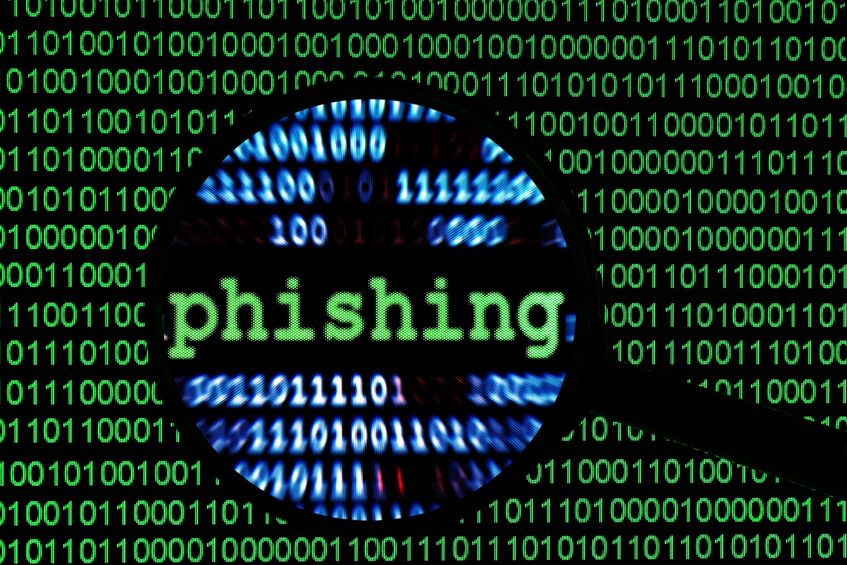Email phishing
What does “phishing” actually mean?
Phishing sounds like fishing because that’s what it is. The criminals send out an email as bait to lure you in and once you’re hooked they reel you in. Email phishing is a crime that’s difficult to stop. Those behind it are very clever and manage to evade detection through their use of sophisticated techniques.
No one is entirely sure when the phrase was coined, but it was added to the Oxford English dictionary in 1996. There are other similar words like Vishing which is phishing done by using a voice activated system.
Email phishing is a sophisticated internet crime which is difficult to stop. The only way to avoid being reeled in as bait is to stay away from anything that looks even vaguely suspicious and press the delete button.
What is email phishing?
Email phishing is a crime committed over the internet where an email message, which looks perfectly genuine is sent to you claiming to be from someone you trust, such as a bank, your Credit Card Company, PayPal, or eBay. The email can look perfectly genuine on first inspection, with similar or identical colours and logos that would be used by the institution being faked. However, once opened,you could not only allow a virus onto your pc, you could also be taken in by their message, and give away private bank details.
Very clever
It’s easy to be taken in by these crooks as the emails look perfectly legitimate. Some of these emails, perhaps created by less crafty criminals are easier to identify. Often there is something in the subject header that looks suspicious or slightly ridiculous. If in any doubt, don’t open it; rather destroy it immediately.
You can still be taken in
But sometimes you can get caught out. No matter how cautious you are, sometimes an authentic looking email can reel you in. You open it, and before you know it, you’ve given your bank card details away. Your details are then with the criminal gang who will be able to draw money from your account, or carry out identity theft.
Clever techniques
Their techniques are clever enough to fool anyone, so don’t feel bad if you’ve been taken in. Emails of this nature are usually sent to randomly generated email addresses and sent out hoping someone will be duped.
Dear Valued Customer – can I steal from you?
Often they won’t know your name so they’ll address you as madam, sir or valued customer; this could be a sure sign that something’s wrong. Their spelling may be completely off, with a strange mixture of letters and numbers thrown randomly into words so that perpetrators can get past spam filters.
What can you do?
Make sure your email spam filter is working. There’ll be various levels of protection available, make sure your filters know how to identify spam mail.
Please note that if your spam filter is on a high level of protection then some legitimate emails might go straight to your Junk email folder. Check through your Junk mail folder every day to ensure that nothing has slipped through. Don’t answer anything purporting to be from a bank or financial institution, or anybody asking for personal details and bank account information as they are highly unlikely to ask for your details via an email. Unsubscribe links can also have malicious intent that may allow an intruder into your pc. Fiscal theft isn’t the only thing a criminal is after – they can also attempt to steal a person’s identity.
Call the bank
If you find that you have been duped and you’ve given your details to an unscrupulous criminal gang, all is not lost so long as you act quickly. Contact your bank to cancel all your cards and tell them everything that’s happened. They can keep an eye out for unusual transactions should criminals manage to infiltrate your account. The inconvenience of cancelling your cards is far outweighed by putting a stop to a potentially dangerous scam that could lose you all of your hard earned savings.





